Search
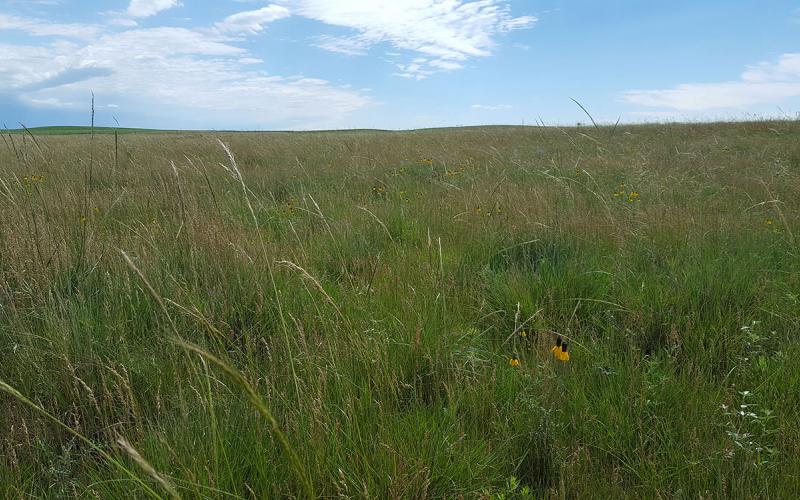
Grassland Fertilization: Ecology
In the first article in this series, we discussed basic terminology and economics. This article focuses on the ecological impacts of fertilization in various grassland plant communities, including native rangelands and prairies.
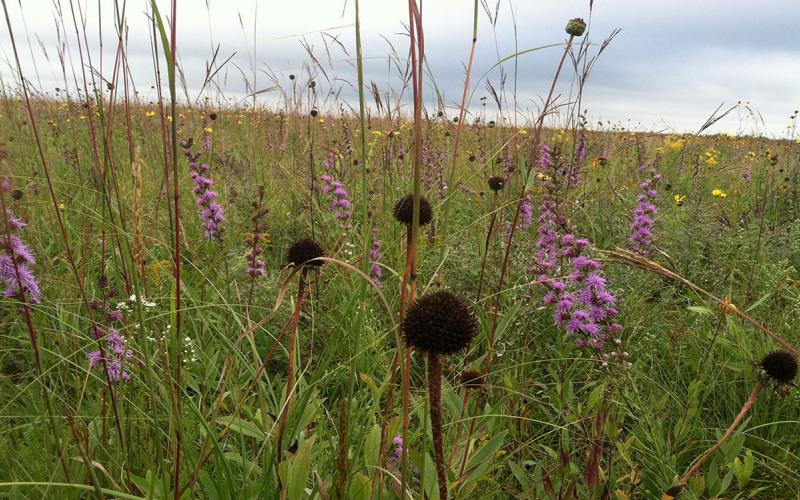
Grassland Fertilization: Native Pasture Case Studies – McPherson, Deuel, Grant and Clark Counties
Even our best native pastures, rangelands and prairies suffer from at least some level of invasion. Within this reality lies a wide gradient of quality of native grasslands that is largely influenced by past and present management.
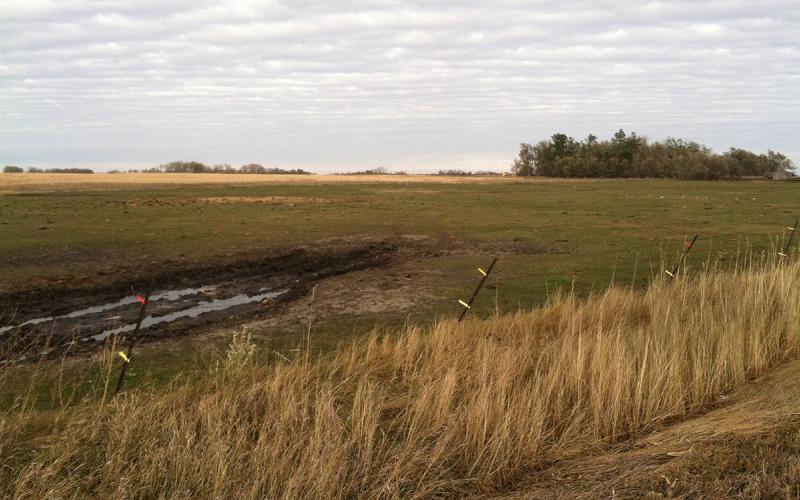
Grassland Fertilization: Native Pasture Case Study - Hamlin County
Whether fertilization pays or not depends on the species present, the past management history and the type of grazing strategy. This study compares two very different plant communities that represent typical pastures and management schemes in this area.
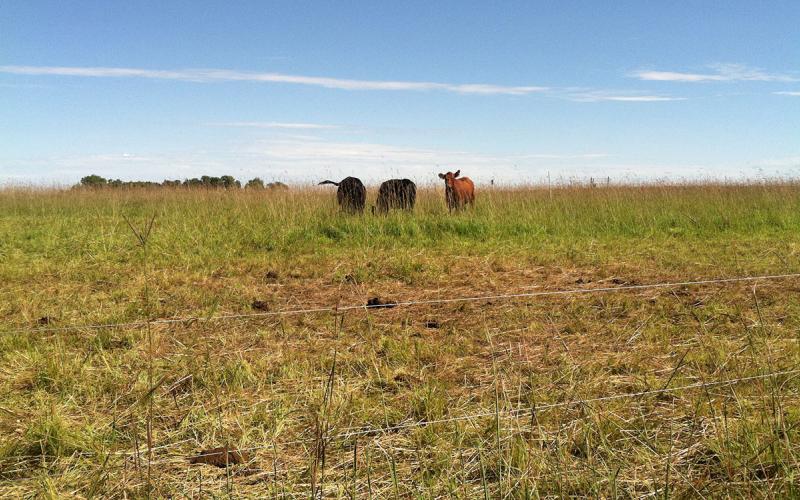
Grassland Fertilization: Native Grass Planting Case Study - Codington County
Management goals of planted grasslands are an important driver in the consideration of whether fertilizer applications will be beneficial or harmful. Here, we will discuss various plant communities and the impact of fertilization on each.
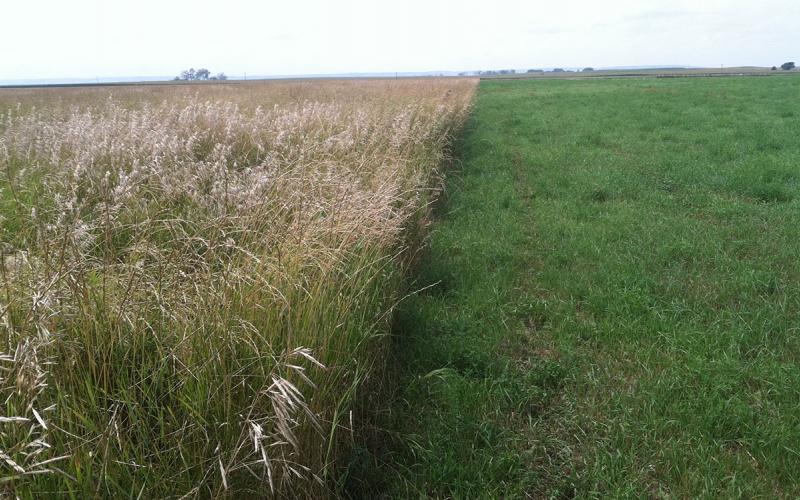
Grassland Fertilization: Exotic Grass Planting Case Studies - McPherson and Jerauld Counties
Our previous installment of this series discussed the effects of fertilization on native grassland plantings. This last installment addresses the options for fertilization on low-diversity exotic grassland plantings.
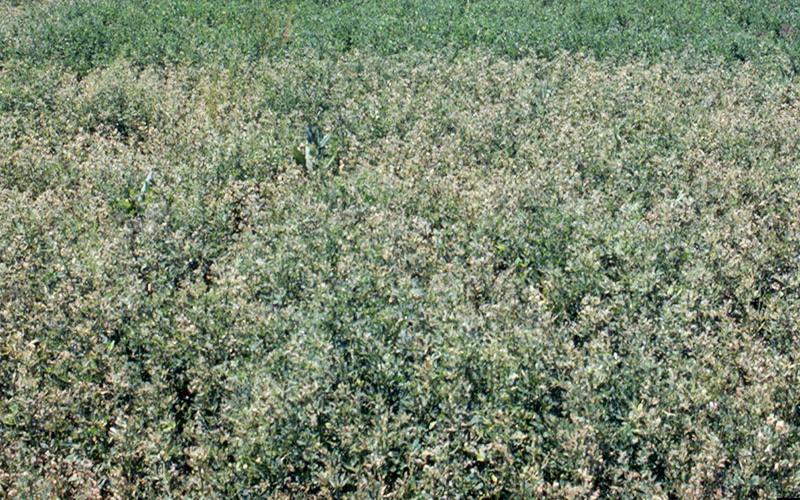
Why’s My Alfalfa Field Turning White?
There have been a lot of reports of alfalfa fields in South Dakota with a white or light-brown canopy. This discoloration is the result of extensive alfalfa weevil larvae feeding.
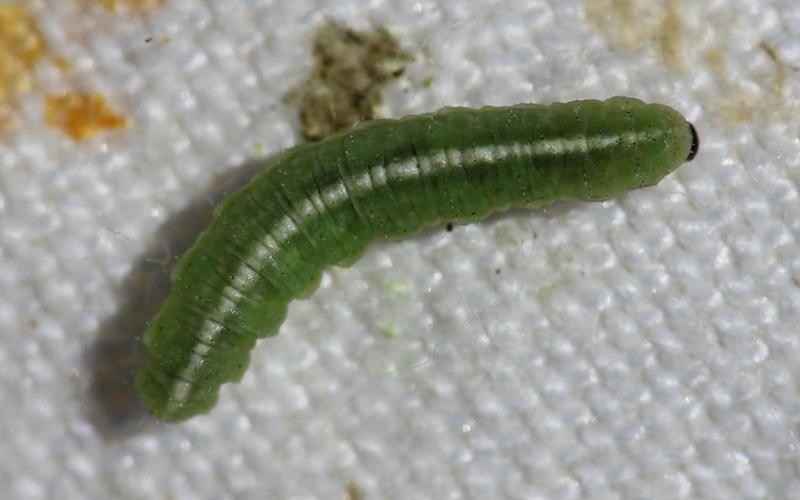
Alfalfa Weevil Activity Prediction Update: June 3, 2021
It has been a busy week for alfalfa weevils. Throughout the state, alfalfa weevils have been causing significant feeding damage. We recommend scouting alfalfa fields for the next week and treating when necessary.
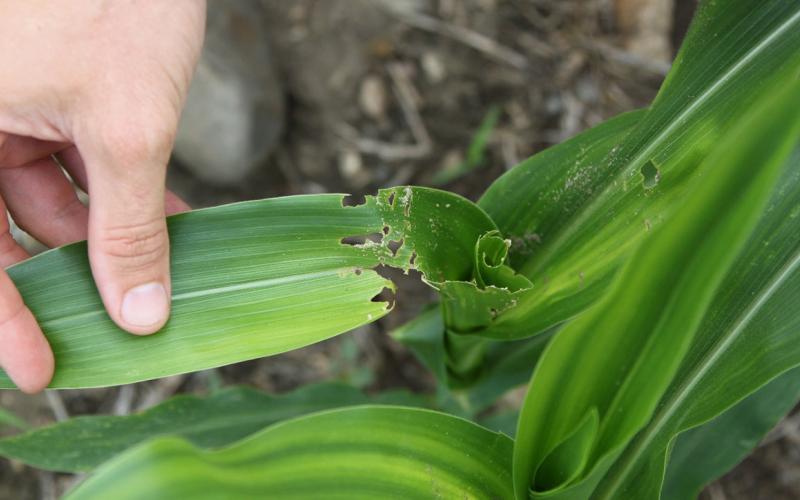
Common Stalk Borers Observed in South Dakota Corn
While scouting corn this week, clear signs of common stalk borers were observed. Although our degree day estimates indicate that common stalk borers probably aren’t moving into corn yet, they can be forced into corn fields in certain situations.
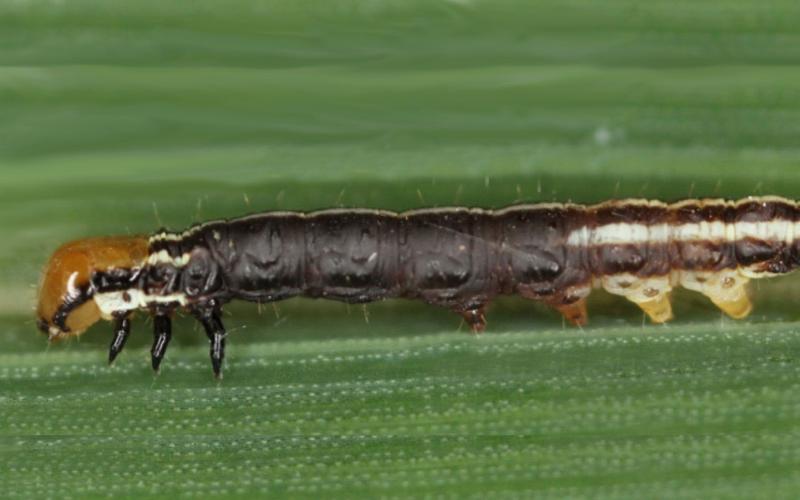
Common Stalk Borer Activity Estimate: June 3, 2021
We still haven’t reached the degree day accumulation levels to see common stalk borers moving into corn fields. However, if weeds and grass are sprayed out along field borders, there is a very high probability that they will be forced into corn early.
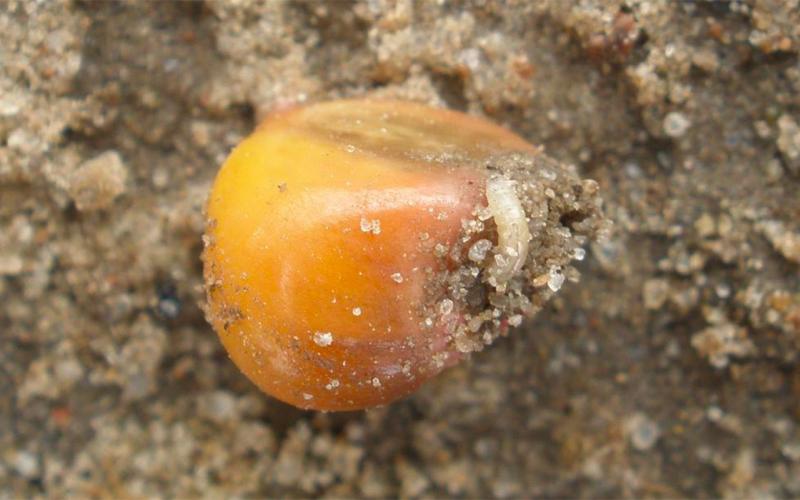
Seedcorn Maggot Degree Day Activity Estimates: June 3, 2021
We are currently between the second and third generation peak emergences in South Dakota. Seedcorn maggot management must be done before planting, or the populations can be avoided by not planting during times of peak emergence.